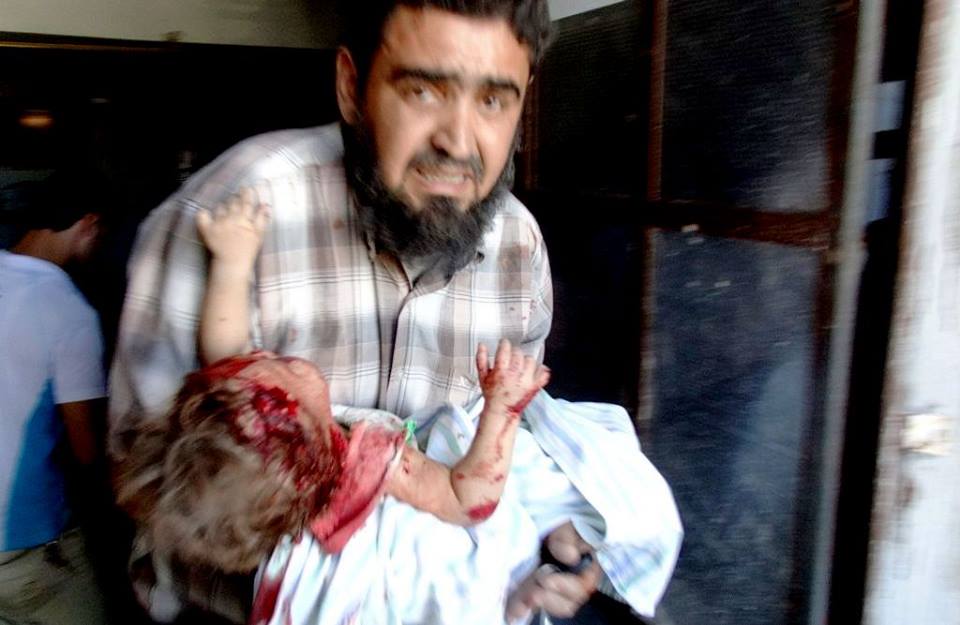Moscow, Sep 18: Syria has turned over materials to Russia which aim to show that a chemical weapons attack last month was carried out by the rebels, a top Russian diplomat visiting Damascus says.
The August 21 attack precipitated the current high tensions over Syria's chemical weapons and sparked a plan under which Syria is to abandon the weapons. A report by UN investigators confirmed that chemical weapons were used Aug. 21 but did not say by which side in Syria's civil war.
The ITAR-Tass news agency on Wednesday quoted deputy foreign minister Sergei Ryabkov as saying that Syria told Russian officials the material "bears witness to the rebels participating in the chemical attack" but that Russia has not yet drawn any conclusions.
Ryabkov was meeting on Wednesday with Syrian President Bashar Assad, Russian news agencies reported. There were no immediate details on the talks.
Russia has been Syria's main ally since the start of the conflict in March 2011, blocking proposed UN resolutions that would impose sanctions on Assad's regime and opposing an attempt to authorize the use of force if Syria does not abide by the agreement to get rid of its chemical weapons.
Assigning responsibility for the August 21 attack has become a heated international diplomatic issue. Russian foreign minister Sergey Lavrov and his French counterpart Laurent Fabius sharply differed on the topic after meeting in Moscow on Tuesday. Lavrov said Moscow has reason to believe the attack was a provocation staged by the rebels, while Fabius said the evidence clearly implicates the government side.
Russia also has repeatedly claimed that a chemical weapons attack in Syria on March 19 was committed by the rebels.
The reports did not specify the nature of the new material turned over by Syria to Russia, which Ryabkov said would be closely analyzed.
"But considering that earlier we came to the corresponding conclusion about the incident of March 19, we are inclined to treat with great seriousness the material from the Syrian side about the involvement of the rebels in the chemical attack of Aug. 21," Ryabkov said, according to ITAR-Tass.
The fighting in Syria has killed more than 100,000 people, according to activists and the U.N., and has forced 7 million to flee their homes. Five million Syrians have been displaced inside the country and more than 2 million have sought refuge in the neighboring countries of Jordan, Lebanon, Turkey and Iraq, according to the UN.






Comments
Add new comment